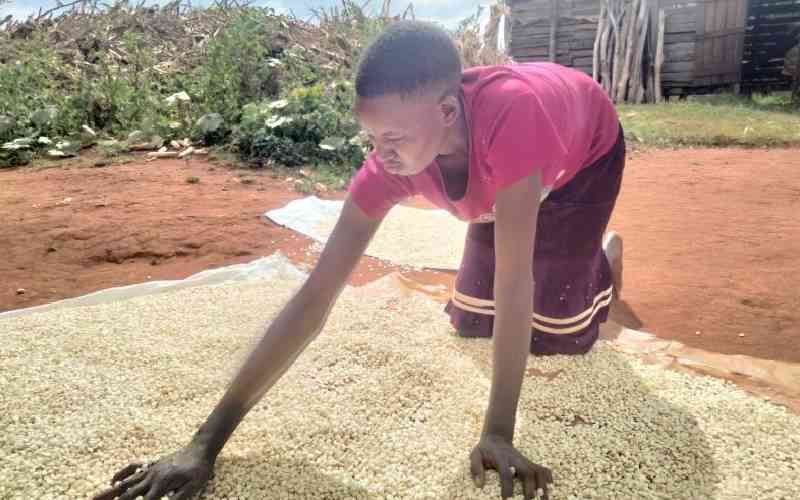×
The Standard e-Paper
Fearless, Trusted News

Maize is among the food items whose imports shot up in 2022 as the country recorded negative growth in agriculture for the second year running.
Data by Kenya National Bureau of Statistics (KNBS) in the recently released Economic Survey 2023 shows maize imports having increased by 307,226 tonnes to hit 793,751 tonnes last year.